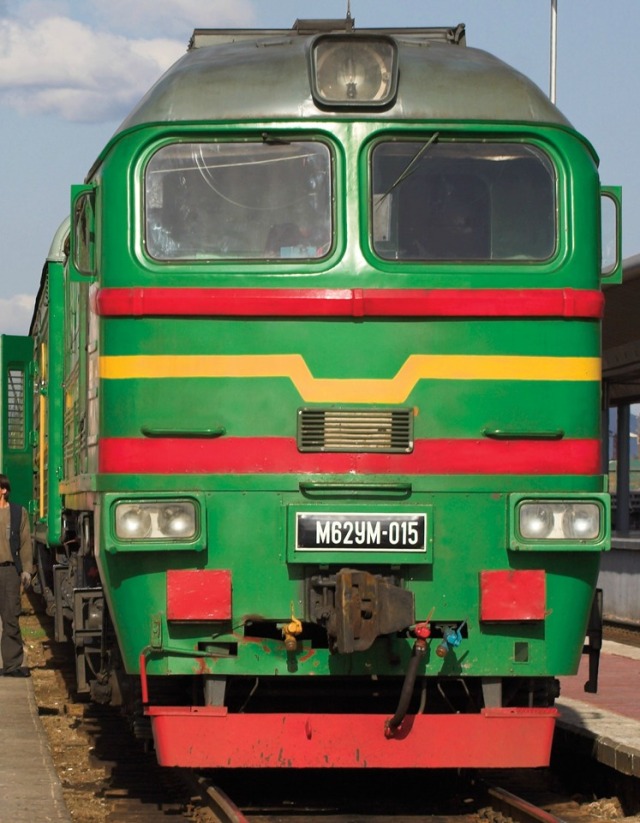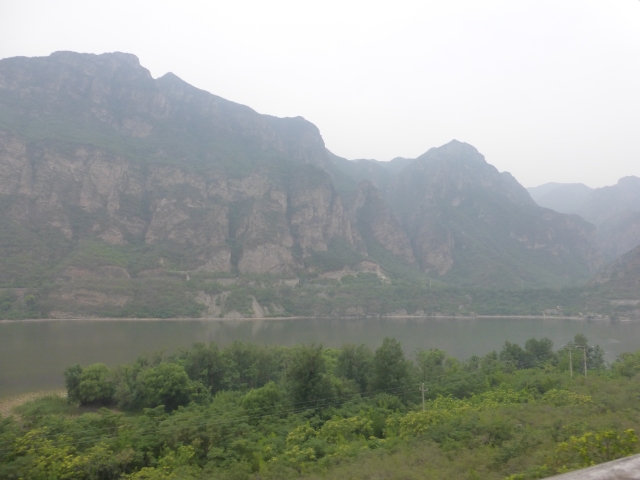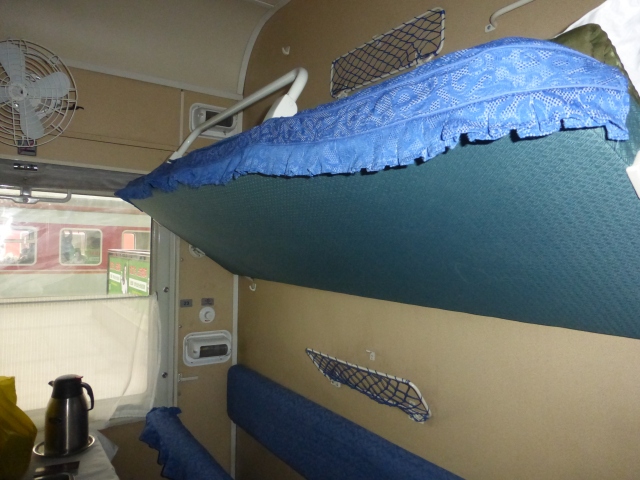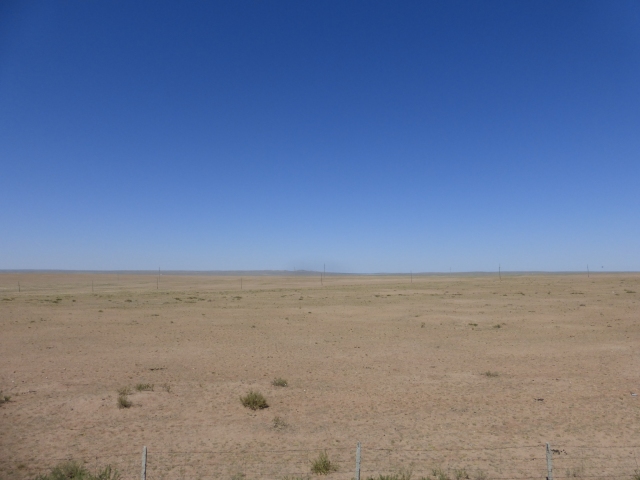It’s always a pleasure to “bump” into other expats who get what you are writing about and today’s guest post comes from one such person. Janese Carstons is a transition coach whose speciality is helping expats in their first year. Here she writes about what helped her when she first moved to China.
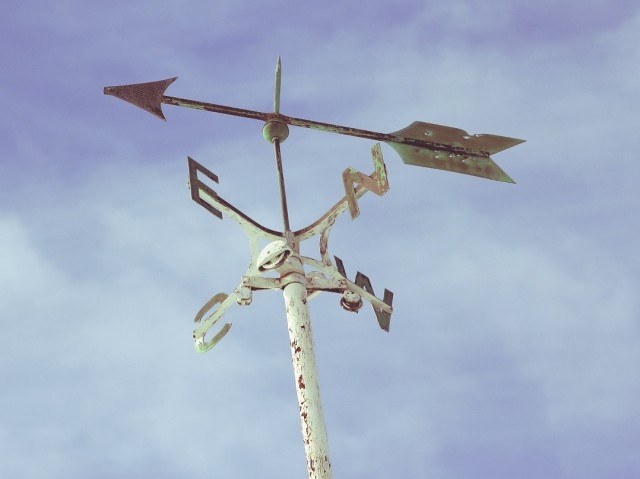
“When facing north, the ocean is on the right so it’s East!” I exclaimed as I was pointing out the direction we needed to go to get back to our new apartments. My teammate and I lived in a coastal city in China and we were finishing our first trip out to the market and back by bike. She was spinning in circles, literally, trying to see which way we needed to go and I was pointing in the opposite direction because it was the way home. I can’t help it but I always know which direction I’m headed – at least using cardinal points.
There we were in the middle of a market’s parking lot, when it struck me – the first weeks after transitioning overseas IS spinning in circles while trying to get your bearings.
Moving is always a flurry of activities, emotions, and lists – so many lists. However, in the midst of the moving chaos, I imagined my life in the new culture. I’ll admit it, I’m an idealist when it comes to the future and the amazing potential there is in it.
But that future I envisioned had become reality and it wasn’t as idyllic as I had imagined. I’m sure that is ‘shocking’ to all of you but here are two main reasons it wasn’t ideal.
First, I brought myself with me…not the ‘perfect’ version I wanted to be in my head. I brought my emotions, my quirks, and all my imperfections. I was still excited for the adventure but for some reason, I thought I would morph into this amazing new person on the 14-hour plane ride. Instead, I was jetlagged, emotionally fatigued, and couldn’t understand enough Mandarin to get me to a toilet if I really needed it. The idea of “perfect” crash landed the moment I stepped foot in China.
Second, I did not step into the China I envisioned in my head. You can be told by multiple people the good, the bad, and the amazing about the new country/culture you’re moving to but you’re going to experience it for yourself; and your journey in this new land will not be the same as anyone else’s experience. It’s unique to you – how you see it, how you interact with it, and how you accept it. I’d like to say I moved without expectations, which I did for the most part, but I didn’t move without biases…even ones I didn’t know I had.
Yes, these two reasons popped my idealistic bubble, and yes, it needed to be popped so once it did I was able to stop spinning in circles and start focusing on getting my bearings.
Here are the top 3 ways to stop spinning and start focusing:
1) Be humble and forgiving – to yourself first and to everyone else second
You have just leapt into an incredible opportunity. Your world has been rearranged so of course you feel discombobulated from the world you just left. You’re normal so stop expecting yourself to be more than you can be at this moment in time. It will pass and you’ll continue to grow in ways you’ve never imagined you were capable of doing in your life.
2) Know yourself – be aware of what makes you, You
Moving to another culture is a great opportunity to assess how your values and behaviors are congruent, or not, with each other. Remind yourself of what you like to do, don’t like to do, and why; so that you can move into this new culture with integrity of who you are because you won’t fit the mold of whatever new culture you’re going in to. Just remember that moving overseas usually heightens your challenges rather than removing those challenges.
3) Determine where your areas of influence are in relation to your current consciousness and competence
There are six areas of influence on a person that engages their energy at all times: Emotional, Physical, Social, Environmental, Mental, and Spiritual
There are two additional areas of influence on a person who has moved to a new culture:
Culture and Language
Each of these eight areas of influence are directly related to how conscious and competent you are in each one. There are four stages of consciousness and competence and keep in mind that you’ll be in different stages for all of the eight areas of influence. They are independent of one another.
- A) Unconscious Incompetence – You don’t know what you don’t know.
- B) Conscious Incompetence – You realized that you’re not as expert as perhaps you thought you were or could be.
- C) Conscious Competence – You steadily learn about the new area through experience or more formal learning.
- D) Unconscious Competence – You no longer have to think about what you’re doing and are competent without a significant amount of effort.
Based on this information, you can become more aware of how you’re perceiving yourself within the new culture as well as make any changes you believe are needed with who you are in this new culture.
Overall, the greatest thing you can do for yourself within the first few weeks of your move is to focus inward for your bearings. Outside of yourself will continue to spin until you can move with intention in the direction you desire because that direction will be congruent with your values, behaviors, and energy in each area of influence.
To get a copy of the free EICC Audit or the free copy of “Making the Move Manageable” go to www.janesecarstens.com or email Janese at [email protected].
Biography
Janese Carstens is an international transition coach who is dedicated to supporting sojourners during their move overseas and setting them up to thrive during their first year in their new country. Her clients would say that her REAL specialty is understanding them through the chaos and confusion as they stretch into their ‘new normal.’
For more information on Janese and her weekly blog go to www.janesecarstens.com or follow her page on Facebook at https://www.facebook.com/jccoachinginternational/.

